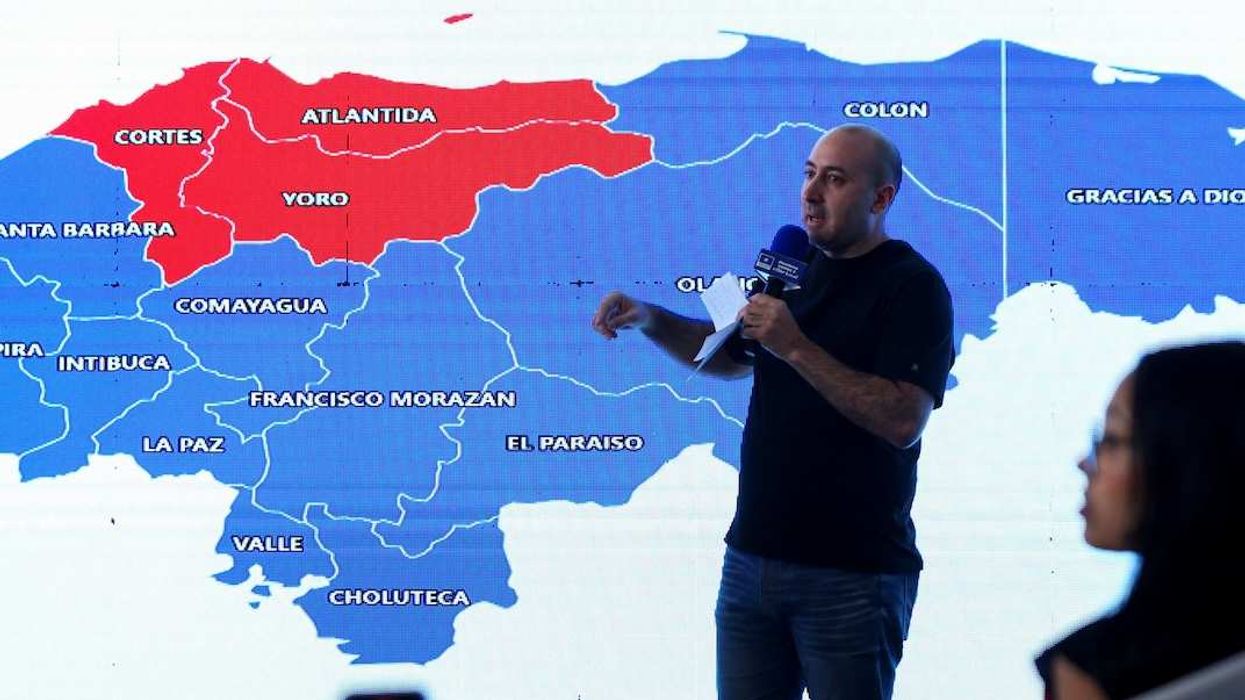WHAT WE'RE WATCHING
Saudi Arabia's Oil Strategy – Tomorrow, members of OPEC, an organization of large oil producers, will convene in Vienna.
Over the past two months global oil prices have fallen by almost 30 percent, after reaching a high of $86 in early October. Saudi Arabia, the cartel's most powerful producer, hopes to forge an agreement among members and participating "observer states," like Russia, to reduce production with the aim of lifting prices. But it faces a political bind: any attempt to increase prices risks angering President Trump, a frequent OPEC critic, while a continued swoon could damage Saudi Arabia's oil-dependent economy.
The limits of Europe's Big Tech crackdown – A Franco-German effort to tax Silicon Valley giants hit a roadblock this week after a handful of member states objected, forcing Paris and Berlin water down their proposal. Europe has some of the world's toughest data rules and has brought huge antitrust cases against Silicon Valley firms – regulation is one of the ways the 28-member bloc, which lacks its own Silicon Valley, can project digital power in the 21st century. But some EU states remain wary of pushing the companies that will drive the next generation of big digital innovations too far. The debate over digital taxation reveals an important limit to an ongoing crackdown.
WHAT WE'RE IGNORING
Russian attacks on Immanuel Kant – Russia's government recently launched a contentious competition to pick a new name for the airport in Kaliningrad, a small Russian exclave located between Germany and Poland. The territory, which was German (Königsberg) until the end of World War II, is the birthplace of the moral philosopher Immanuel Kant. Once the Kant's name made it to the final round of the contest, things got ugly – mobs have vandalized Kant statues and a senior naval officer there declared him a "traitor to his own country." This sort of behavior almost certainly violates Kant's first categorical imperative. Or is it the second? Either way, it looks like Empress Elizaveta of Russia, who briefly annexed the territory in the 18th century, will get the nod.
Nigeria's really fake first lady – In Tuesday's Signal, we revealed that Nigerian President Muhammadu Buhari has been forced to defend the fact that he is, in fact, the real Muhammadu Buhari, amid persistent rumors that he died and was replaced by a clone or body double. Today, we are perplexed to report that Nigeria's secret service has detained a real-life fake first lady who was posing as Buhari's wife inside the presidential villa. Elaborate scam? Or sinister attempt to distract from the real scandal? We'll leave it to you to speculate, because we're still ignoring this story.


















